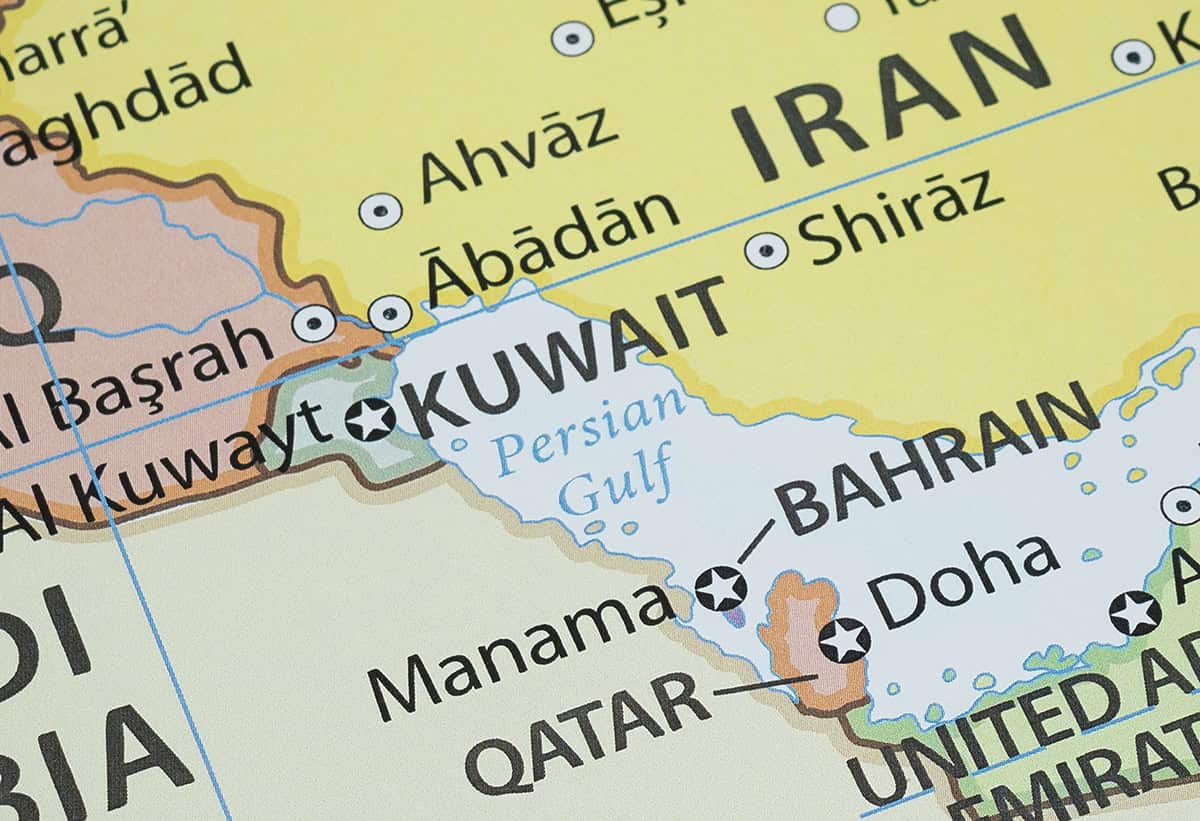Kuwait lenders Boubyan Bank and Gulf Bank—the emirate’s third- and fifth-largest banks—have disclosed they are in preliminary talks that may lead to a merger. If the merger goes ahead, it will create an Islamic bank with assets of around $53 billion and about a 15% market share measured by consolidated assets, Fitch Ratings said in a note last month. The deal is unlikely to close before 2025.
The proposed union, however, faces challenges. Chief among those is political gridlock, impeding reforms that could benefit the majority of Kuwaiti lenders. Kuwait Emir Mishal al-Ahmad al-Sabah shut down the National Assembly and suspended parts of the constitution in May.
These hurdles may put a brake on the deal’s progress, says Mazen Salhab, chief market strategist for the MENA region at brokerage BDSwiss. “Political instability may delay regulatory approvals, [and] this instability can also create an uncertain economic environment,” he says. Nonetheless, if consummated, the merger would create an Islamic banking major. The growth of Islamic banking is currently outpacing that of conventional banking in Kuwait, he adds.
Banks in Kuwait could profit from the ratification of the proposed Public Debt Law, which would permit government borrowing, and a mortgage law enabling banks to provide residential mortgages. However, these legislative reforms now look to be in jeopardy, and as a consequence, credit growth, at around 3%-4% this year, is likely to remain muted, according to Fitch.
As is common throughout the six-member Gulf Cooperation Council (GCC), which includes the region’s oil exporters, Kuwait is overbanked. GCC banks increasingly turn to mergers and acquisitions to cut costs and improve profits amid limited organic growth opportunities in domestic banking markets.
Kuwait’s banking sector has already witnessed a spate of M&A activity. In June, Burgan Bank acquired a 100% stake in Bahrain’s United Gulf Bank. This followed the sale of 52.2% of its 99.7% stake in Burgan Bank Turkiye to Al Rawabi United Holding. Meanwhile, a 51.8% stake in the Bank of Baghdad was sold to Jordan Kuwait Bank in 2023. Together, these banks are part of Kuwait Projects Company, a local holding company. Earlier this year, S&P Global Ratings noted that GCC bank profits could be squeezed when the US Federal Reserve begins cutting interest rates.




